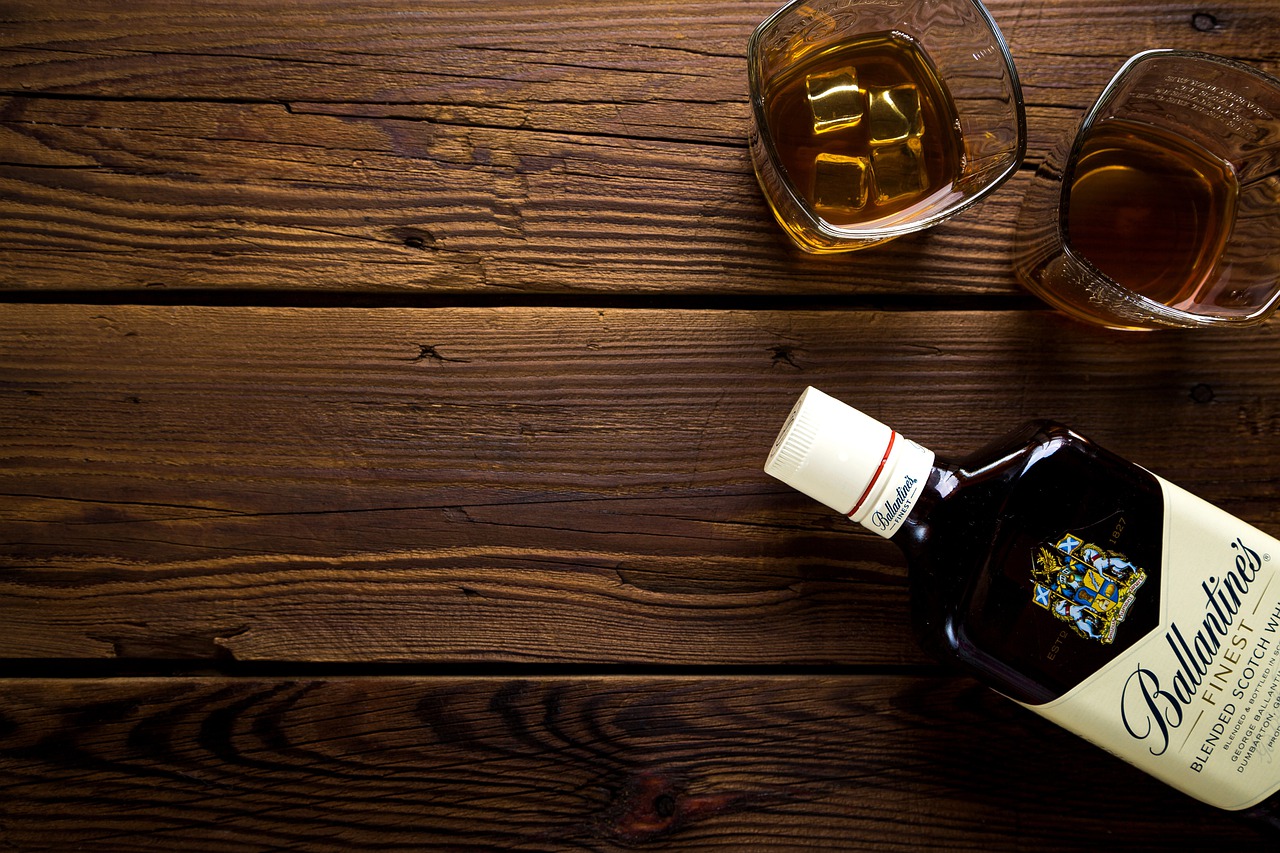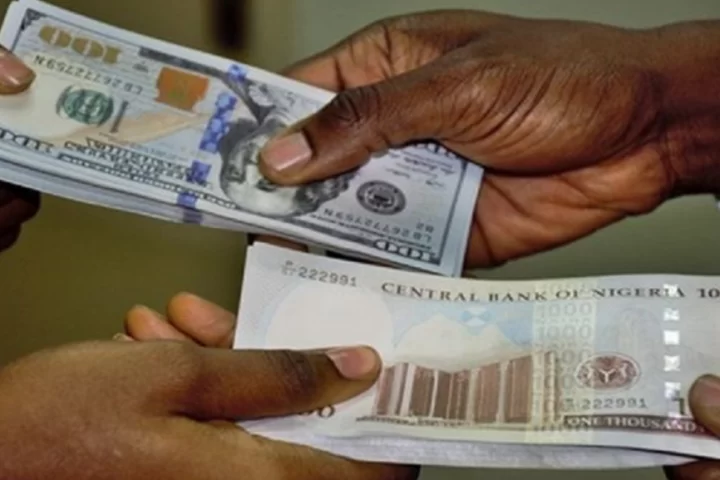A leading source of data and analysis on the beverage alcohol market, IWSR, has found that alcohol premiumization could slow down in the short term while fuel and food prices rise, saying, volumes of spirits and wines in the standard-price segment might continue to grow during the recession period just like in the four most recent recessions, around 1991, 2001, 2008, and 2020,
The data noted that there is more variation within premium-and-above wines and spirits, however, on average, they tend to stay on slower, but positive, volume growth paths.
Join our WhatsApp ChannelJust like in 2020, for example, alcohol was premiumized even though GDP rates were negative, in 1991, however, volume consumption of premium-and-above alcohol declined in the context of a stagnant economy and fewer options for premium-and-above wines and spirits.
In the year after a recession, IWSR analysis shows that premium-and-above wines and spirits tend to resume normal growth trajectories. Beer and standard-priced spirits grow at a similar pace, then return to their distinct growth patterns of non-recessionary periods.
This premiumization, or something similar, could happen again, however, as before, external factors will also influence the direction of the market while other factors will be related to consumer spending pressure including in-home versus out-of-home consumption of alcohol and price rationalization.
The analysis firm notes that real GDP plays a significant part in beverage alcohol consumption and is the best predictor of TBA volume overall.
While disposable income is positively correlated to GDP, particularly in the US, the relationship between premium-and-above beverage alcohol consumption and disposable income has and will be weakened in sensitivity over the years, largely due to consumers having more choices on where to spend disposable income.
In addition, Spirits volumes are said to be only mildly impacted by inflation, while wine and beer do not present a reliable pattern of growth or decline due to inflation, considering that a 10% rise in beer prices may still be an increase under US$1.00, not affecting consumer’s purchasing decisions.
While the spirits prices rise, as shown by an increasing CPI for the category, volume growth can be negatively impacted due to spirits’ wider and higher range of prices, which is also not strong in the beers and wines.
IWSR analysis shows that beer volumes and wine prices are positively correlated to a certain degree, reporting that beer volumes are less impacted by price movements and instead appear to be affected by price changes of wine.
This finding is an exception for Spirits which have proven to be more immune to cross-category competitiveness over the last decade.
IWSR says the overall demand for alcohol is not expected to increase significantly in the next few years because of the current trend towards moderation, and the growing interest in alcohol adjacencies.
Therefore, portfolio diversification and increased investment in spirits categories might represent the most interesting opportunity for alcohol producers.
Although this could represent cannibalization to some extent, it may be a necessary move to maintain consumers’ interest and manage risk, the firm stated.















Follow Us